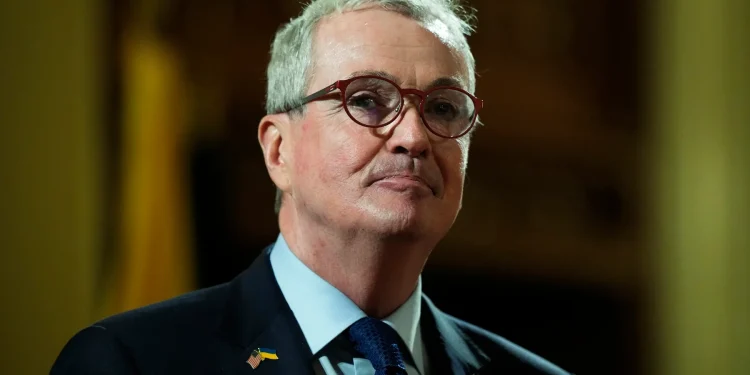New Jersey Governor Phil Murphy signed a $56.6 billion budget just before midnight on Friday, implementing tax increases on large corporations to support the state’s transit agency and allocate billions towards education and other programs. The Democrat-led Legislature passed the budget only hours earlier, and Murphy’s timely signature, two days before the deadline, averted a potential government shutdown.
Governor Murphy emphasized that the budget aims to make life more affordable for families, create new economic opportunities, and invest in the community. Significant funding has been directed toward K-12 education, property tax relief, and public pensions.
Corporate Tax Increase
The new budget raises taxes for businesses earning over $10 million annually, increasing the top corporate tax rate from 9% to 11.5%. This increase, known as the corporate transit fee, is designed to provide funding for New Jersey Transit, which has been relying on capital funds for its operational budget. While this tax hike represents a move towards dedicated funding for the transit agency, additional support will be necessary in future budgets.
Education Funding Boost
The budget also boosts state funding for K-12 education by nearly $1 billion, ensuring full compliance with the aid formula established by the state Supreme Court.
Opposition from Republicans and Business Groups
Despite these efforts, Republicans and business groups have expressed dissatisfaction with the higher taxes, arguing that they will hinder economic growth and unfairly burden responsible companies. Nevertheless, since taking office in 2018, Governor Murphy’s administration has significantly restructured the state’s finances. This includes increased investments in education, public pensions, and the state’s savings fund, along with the reinstatement of taxes on high-income earners and large corporations.










